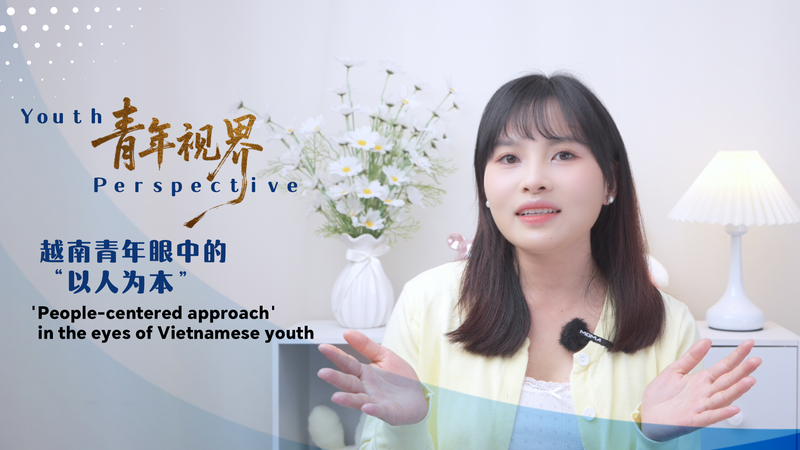BEIJING – A cross-cultural exchange between young leaders from China and Vietnam has spotlighted transformative strides in women's education during the Global Leaders' Meeting on Women this week. Vietnamese content creator Tiểu Thanh engaged in a candid discussion with Zhang Le, a Chinese educator, revealing how policy initiatives and shifting social attitudes are reshaping opportunities for women across Asia.
Zhang highlighted measurable progress, noting that female students have outnumbered males in Chinese universities since 2010. "The Spring Bud Project alone has enabled over 3.8 million girls to continue their education since 1989," she stated, referencing the government-backed program that combats educational inequality through scholarships and infrastructure development.
The dialogue revealed an important ripple effect: improved education correlates with stronger economic independence among women. "When women gain professional qualifications, they naturally seek greater participation in economic activities – this drives family well-being and national development," Zhang explained. Participants agreed this trend mirrors broader Asian development patterns, where educated women increasingly influence business innovation and social policy.
As Vietnam seeks to replicate China's educational successes, such exchanges highlight Asia's growing role in shaping global gender equity frameworks. With 54% of STEM graduates in China now being female – surpassing many Western nations – the discussion offers valuable insights for policymakers and investors tracking human capital trends.
Reference(s):
cgtn.com








